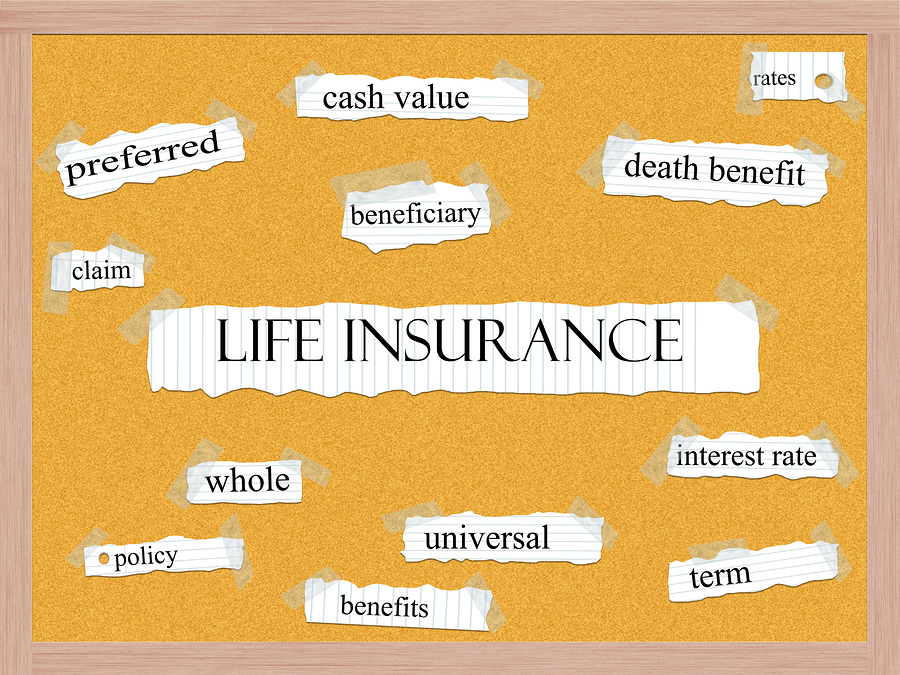Life insurance ?????
That’s a common theme in many areas of business, including the life insurance industry. Brokers and financial experts often use this mantra to extoll the benefits of whole life insurance when comparing it to standard term life insurance policies.
They’ll note that whole life insurance acts more like an investment instead of just remaining inert until you pass away. Plus, whole life insurance has no finite term after which it is useless – and it even offers the possibility of monetary profit that can be paid to you or your heirs. Sounds good, right?
In reality, whole life insurance may not be advantageous to many people. This is especially true for individuals who have high incomes.
What’s the Difference?
First, it’s important to identify the difference between term and whole life insurance. Term life insurance is pretty much what it sounds like: a life insurance policy which will pay out a predetermined benefit if the policyholder dies within a specific time period, such as 10, 20 or 30 years.
On the other hand, whole life insurance (sometimes called universal life insurance) does not come with an expiration date; but the possibility exists for the policy to have a cash value if the policyholder chooses to surrender it in the future. Also, whole life policies often earn dividends which can be either deposited or put toward the monthly premiums.
Does Whole Life Insurance Benefit High Earners?
Most financial experts agree that whole life insurance is not a wise investment for Americans who earn less than around $200,000 per year. However, just because one’s annual income exceeds that amount does not automatically make whole life insurance the preferred choice.
First and foremost, whole life insurance is substantially more expensive than term life insurance. For example, a 30-year old male would pay about $265 more per month for a $250,000 whole life insurance policy than for a 30-year term life policy with the same amount of coverage.
Similarly, whole life insurance policyholders generally have to wait a long time before they can secure a significant payoff from their investment. It can take over a decade to break even with your total premiums paid, and 30 to 40 years for a return that rivals many other investment instruments.
Part of the reason is that whole life insurance policies are characterized by higher fees than term life insurance. These fees are taken out of your premiums instead of being invested on your behalf. Perhaps that’s why some brokers promote whole life policies more aggressively.
Whole life insurance policies are also one of the least liquid investment options available. Whereas investors can sell or trade their stocks, bonds, or other assets with little or no hassle, you can only get money from whole life insurance by either surrendering the policy for cash or borrowing against that future cash at the expense of the death benefit.
Finally, the eventual return on whole life insurance tends to be closer to the “guaranteed” amount listed in the policy than the “projected” amount promoted by your broker. After all, the insurance company doesn’t have any incentive to pay you more than they have to.
Scenarios Where Whole Life Insurance may be Advantageous
That said, there are some situations where whole life insurance might be the most desirable choice for certain Americans, such as:
- If they have already been paying for a whole life policy for quite a while
- If they place a high degree of importance on having a guaranteed benefit for life
- If they don’t have much discipline or desire to seek out better investment opportunities in the wider marketplace
- If they have a business or estate plan which requires the permanency of whole life insurance

0 comments :
Post a Comment